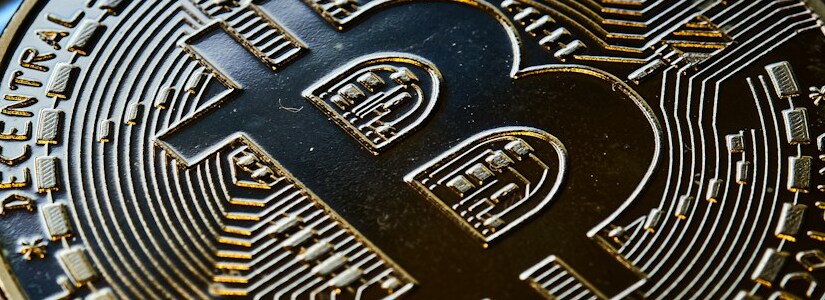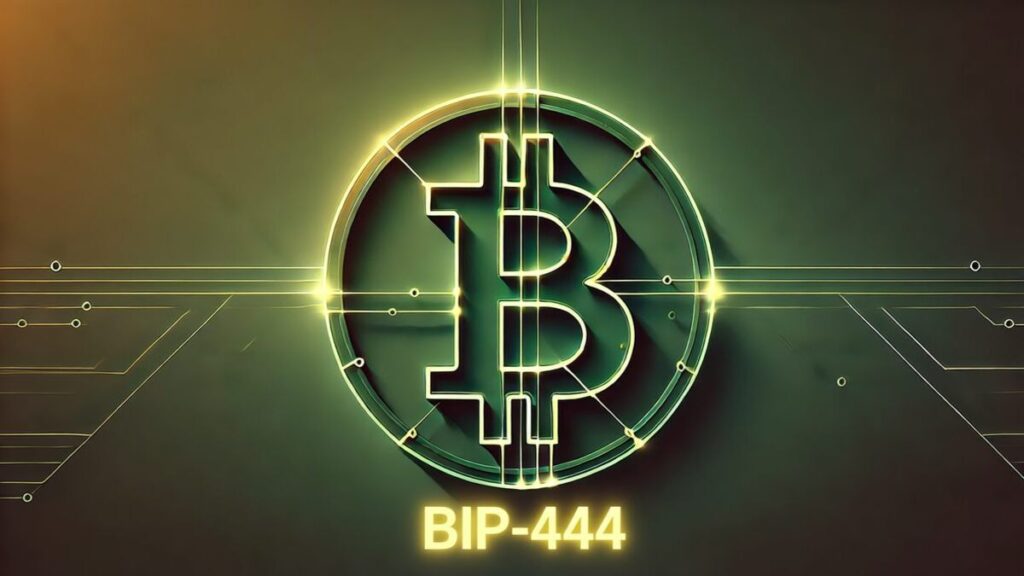TL;DR
- F2Pool cofounder Chun Wang rejected the BIP-444 soft fork proposal for Bitcoin in a public statement.
- Such disagreements have previously led to network splits, creating separate blockchain assets like Bitcoin Cash.
- The proposal aims to temporarily restrict non-financial data like Ordinals from the Bitcoin blockchain.
A principal Bitcoin mining pool operator has publicly rejected a proposed change to the network’s code. Chun Wang, a co-founder of F2Pool, stated his opposition to Bitcoin Improvement Proposal 444 in a social media post on October 27. He wrote, “BIP-444 is a bad idea. Not going to soft fork anything. Temporary or not. Feel sad that some devs moving further and further in the wrong direction.”
The proposal, authored by developer Luke Dashjr, suggests a temporary one-year restriction on non-financial data within the Bitcoin blockchain. This would affect digital artifacts known as Ordinals. Dashjr and others consider these transactions to be network clutter that increases user fees. The plan involves a soft fork, a backward-compatible protocol change.
BIP-444 is a bad idea. Not going to soft fork anything. Temporary or not.
Feel sad that some devs moving further and further in the wrong direction.
— Chun (@satofishi) October 27, 2025
Wang’s position carries weight because F2Pool controls a portion of the total computational power securing Bitcoin. This gives mining pools a voice in whether such code changes are adopted. His comments reveal a division between certain developers and miners regarding Bitcoin’s future path.
Wang, who is also known for his global travels and for being the first bitcoiner to go to space, not only calls BIP-444 “a bad idea” but explicitly states that F2Pool will not participate in any related soft fork.
His lament about “some devs” seems like a veiled criticism of Dashjr and allies, who have pushed similar proposals in the past to filter out “non-essential” data. In a direct response to the tweet, Dashjr countered: “Users decide protocol changes, not miners. Are you going to repeat Bitmain’s mistakes in 2017?”, alluding to past disputes where Chinese miners attempted to impose changes.
Debate Over Effectiveness and Risk
Other reactions in the thread include ironic comments, such as Jameson Lopp joking that the number 444 is “very bad” and warnings that “nothing is more permanent than a temporary soft fork.” Users such as @justh0dl recalled that Wang donated 1 BTC to Dashjr in 2021 to cover medical expenses, adding a personal touch to the current tension.
Past disagreements of this nature have sometimes resulted in a splitting of the network into separate blockchains. Reports indicate BIP-444 has already been rejected by other key figures and may not proceed without broader agreement. The situation continues to develop.

Advocates argue that tighter limits reduce blockchain bloat, lower node hardware needs, and lessen centralization pressure. They warn that easy onchain storage could expose node operators to legal risk if illicit content appears. Opponents counter that miners act on their own incentives and that software limits may be bypassed.
Developer Peter Todd showed a compliant transaction that embeds the BIP text, arguing the soft fork may not stop determined actors. Todd noted that embedding large payloads can cost over $100 in fees, which changes attack economics but does not make attacks impossible.
“If Bitcoin provides an officially supported method of storing arbitrary data […] node operators could conceivably be held responsible for possession and distribution.“
A January 2024 review found miners, including F2Pool, accepted non-standard transactions that exceeded earlier OP_RETURN limits. The debate now centers on trade-offs between preserving a money-first protocol and preventing onchain data uses that raise operational or legal concerns. Wang framed his stance as a defense of existing node practices. Others call for policy work and technical options to balance freighted interests across users, miners, and node operators.










